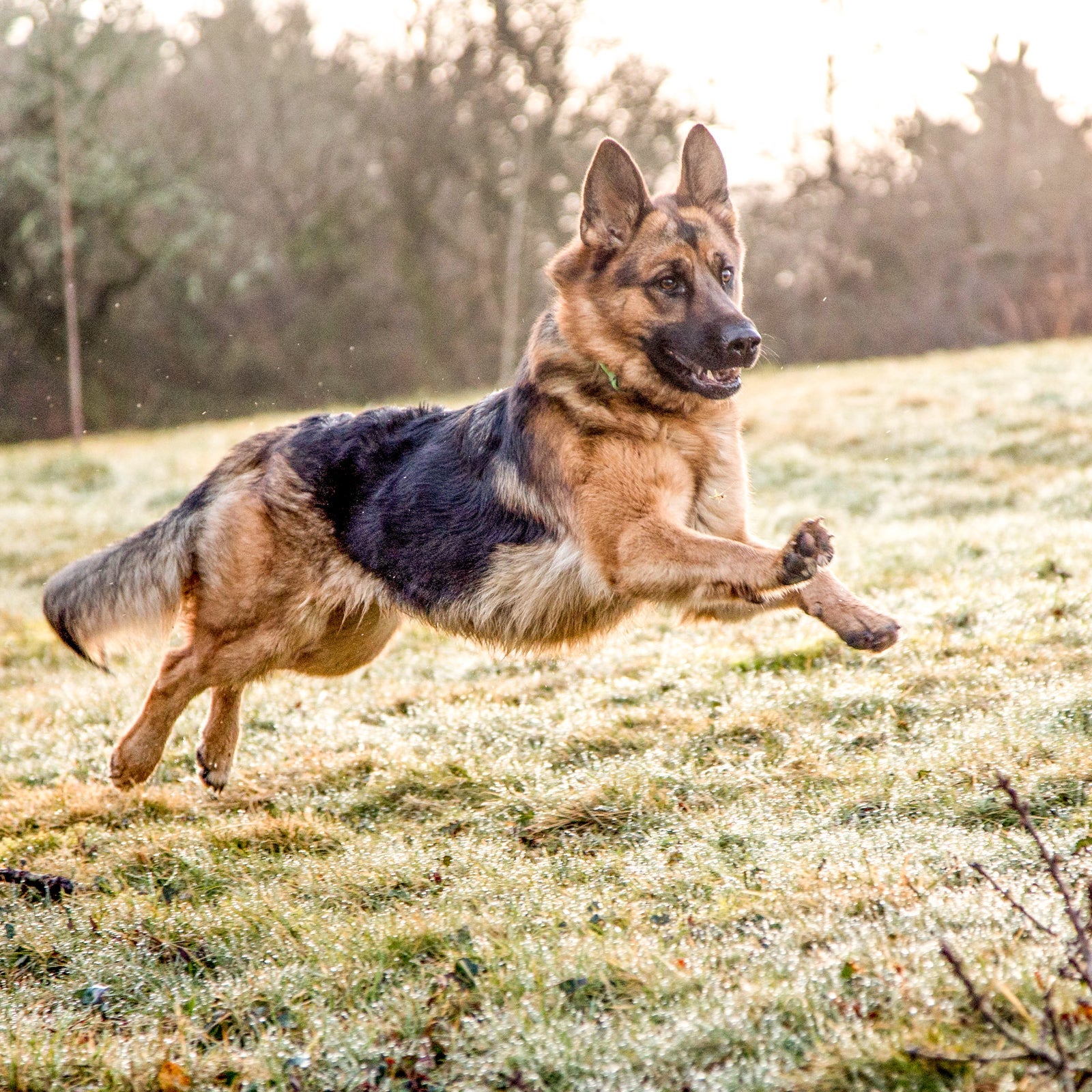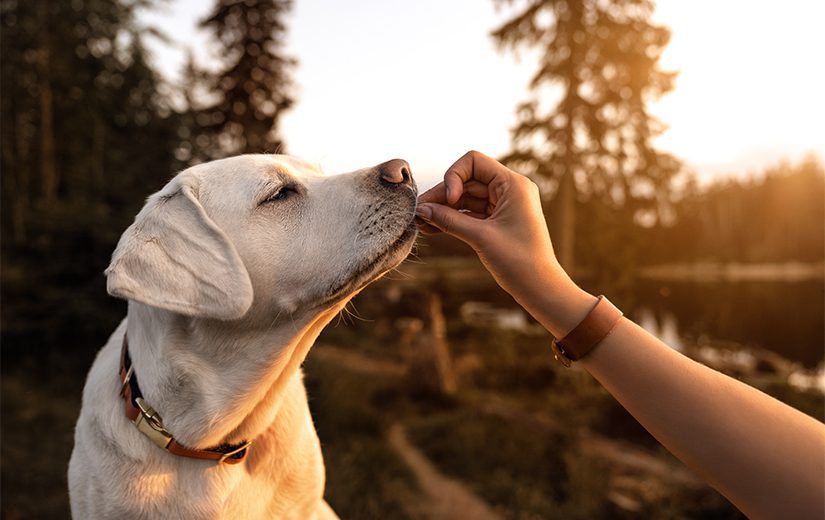The Ultimate Guide to Pet Dog Training: Change Your Pet's Behavior
Reliable pet dog training is crucial for fostering an unified relationship between pet dogs and their owners. The details of canine actions and the application of organized training methods play an important duty in this procedure. By comprehending the principles of favorable reinforcement, uniformity, and socialization, pet dog proprietors can navigate typical challenges that occur during training. This guide not just aims to equip you with the needed tools to change your canine's actions but also invites you to explore how these foundational ideas can bring about a deeper link with your pet dog. What may be the primary step in this transformative journey?
Comprehending Pet Behavior
Understanding pet dog actions is essential for reliable training and a harmonious partnership between canines and their owners. A dog's habits is influenced by a mix of genetics, environment, and experiences. Dog training. Recognizing these elements allows owners to tailor their training approaches to meet the individual needs of their animals
Canines interact mostly with body movement, articulations, and face expressions. As an example, a wagging tail can suggest enjoyment or happiness, while a tucked tail may indicate anxiety or entry. Observing these cues makes it possible for proprietors to respond suitably, reinforcing positive habits and dealing with unfavorable ones efficiently.
Additionally, understanding the social structure of dogs can supply insights into their habits. Canines are pack animals, and they prosper in an organized environment. Establishing constant guidelines and clear limits can avoid confusion and promote a complacency.
Furthermore, identifying the all-natural instincts of dogs, such as need to chase after or dig, is vital. These impulses can be rerouted with suitable outlets, such as play or workout. By comprehensively comprehending these behavior elements, owners can cultivate a favorable training experience, ultimately causing a well-adjusted and obedient canine companion.
Necessary Training Methods
Reliable dog training depends on a selection of essential methods that can considerably improve the understanding procedure for both the pet dog and the owner. One essential technique is favorable support, which includes fulfilling desirable actions with treats, appreciation, or play. This method encourages canines to duplicate the actions that lead to positive end results, cultivating a relying on partnership in between the pet dog and proprietor.
One more secret method is consistency in assumptions and commands. Utilizing the exact same spoken cues and hand signals assists the pet dog comprehend what is called for, lowering complication and advertising quicker understanding. In addition, developing clear limits and policies is vital for reliable interaction.
Socialization is also a crucial element of training. Revealing pet dogs to various atmospheres, people, and other pets assists them establish suitable social skills and reduces anxiousness in strange situations.
Lastly, perseverance and timing are essential. Training sessions should be quick however frequent, making certain that the canine continues to be involved and receptive. By employing these vital strategies, owners can develop a structured and positive training experience that advertises etiquette and strengthens the bond with their canine friends.
Producing an Educating Schedule
Just how can a well-structured training schedule boost a dog's understanding experience? A training schedule supplies consistency, making certain that canines obtain regular, concentrated guideline. This predictability assists pet dogs understand what is anticipated of them, reinforcing their discovering and enabling for better retention of actions and commands.
When producing a training timetable, it is necessary to think about the pet's age, breed, and private personality. Youthful puppies may gain from shorter, much more regular sessions, while grown-up dogs may love longer, much less frequent training periods. Integrating a selection of tasks can likewise keep the sessions involving, preventing boredom and promoting interest for understanding.
Additionally, scheduling training sessions at certain times of the day can aid strengthen a routine. For example, coupling training with daily strolls or play can develop a favorable association with knowing. It is additionally vital to consist of time for reinforcement, such as treats or praise, to compensate desired actions without delay.
Finally, adaptability is key. While consistency is vital, being versatile to the pet dog's mood or power level can improve their understanding experience. A well-crafted training routine eventually lays the structure for effective communication and a more powerful bond between the canine and owner.
Common Training Challenges
Despite having a well-structured training schedule, pet proprietors commonly experience different challenges view publisher site throughout the training procedure. One common issue is variance in hints and commands. When several relative utilize different terms or tones, a canine may come to be baffled, hindering its capacity to find out efficiently.
Another constant difficulty is distraction. Dog training. Pets are naturally curious creatures, and outside stimuli such as other pets, noises, or individuals can divert their interest during training useful source sessions. This needs owners to develop a controlled setting or gradually present diversions to reinforce emphasis
Additionally, differing energy degrees can influence training outcomes. High-energy pet dogs might have a hard time to settle down and concentrate, while more laid-back breeds might need additional motivation to involve. Tailoring the training technique to fit the specific pet dog's personality is necessary for success.

Building a Solid Bond
A strong bond between a canine and its owner is necessary for effective training and total health. Dog training. This partnership cultivates trust, which is essential for efficient communication during the training process. When a canine feels protected and connected to its owner, it is more probable to react favorably to signs and commands
To build this bond, uniformity is vital. Establishing a regimen that consists of normal feeding, exercise, and training sessions helps produce a sense of security. Additionally, positive reinforcement methods, such as deals with, praise, and play, reinforce preferred habits while strengthening the emotional connection.
Socialization is an additional essential element of bond-building. Subjecting your canine to different settings, individuals, and other pets aids them feel more comfy and positive, boosting the bond with their owner. Taking part in tasks together, such as strolling, playing bring, or getting involved in obedience training, promotes teamwork and shared pleasure.
Conclusion

Recognizing dog habits is important for efficient training and an unified relationship in between dogs and their owners.Reliable dog training depends on a selection of vital techniques that can dramatically enhance the discovering procedure for both the dog and the owner.Regardless of having a well-structured training schedule, canine proprietors often encounter different obstacles during the training procedure.In conclusion, effective pet training relies on a detailed understanding of canine habits, the application of essential techniques, and the establishment of an organized training timetable. By highlighting favorable support and uniformity, pet proprietors can substantially enhance their family pets' actions, eventually guaranteeing an unified partnership and promoting the wellness of both the pet dog and its atmosphere.